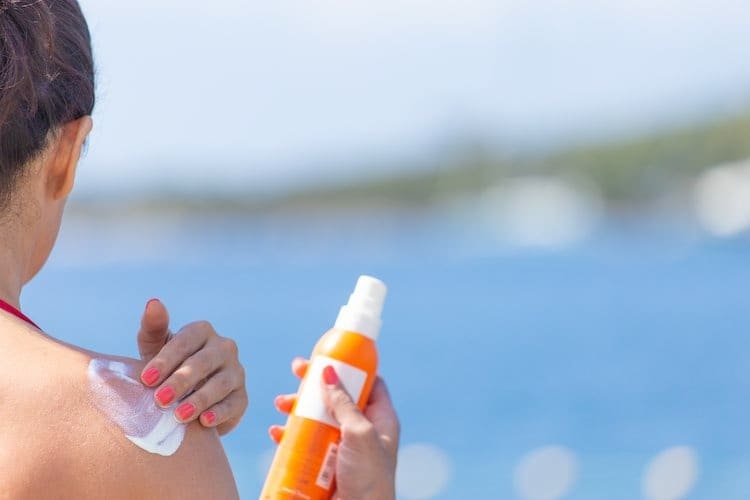Melanoma is a deadly skin cancer that usually, though not always, appears on parts of the body that have had too much exposure to the sun. Australia is among those countries whose incidence of melanoma is highest and it’s one of the country’s most commonly diagnosed cancers. But despite melanoma’s prevalence, many Australians still neglect to use sunscreen or only use it some of the time.
This study followed Australians from Victoria, New South Wales and Queensland aged between 18 and 40. Each person gave information about their ethnicity, skin type, family history of melanoma and likelihood to tan or get sunburnt. They were also asked about their level of sun exposure, sunburn and use of sunscreen in childhood and early adulthood. This wasn’t objectively measured – it took the form of questionnaire responses from those in the study. Finally, the researchers looked to see whether those in the study had received a melanoma diagnosis.
They then broadly analysed the extent to which use of sunscreen reduced the risk of a person getting melanoma. For people who regularly used sunscreen, compared with those who rarely used it, the risk of getting a melanoma was reduced by about 40 per cent. The analysis also looked at who was more likely to use sunscreen – finding, perhaps unsurprisingly, that people with paler skin with a history of getting a blistering sunburn were more likely to use it. They were also more likely to be female. Being male, having less education and having skin that was resistant to sunburn were all factors that made a person less likely to use sunscreen.
Implications
Despite the obvious benefits of sunscreen, the researchers point out its use continues to be controversial in some quarters. The study reinforces the idea that consistently applying sunscreen when you’re young – especially but not only if you have skin prone to burning – is vital in protecting against melanoma. Early diagnosis if you do get skin cancer is important too, so know the signs – a spot or mole that changes colour, size or shape, becomes raised, itches, or bleeds.

